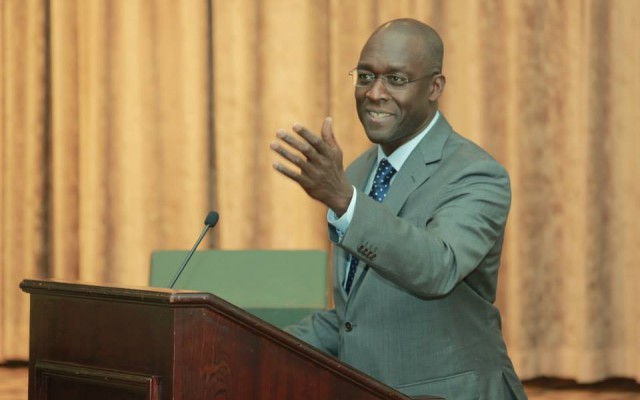The Vice President of the World Bank, Mr Makhtar Diop, says Ghana’s economic success would hinge largely on how government manages the country’s fiscal deficit.
He said it was of utmost importance that government stuck to its programmes and policies to address the fiscal deficit target in the 2017 Budget in order to save the country further economic challenges.
Mr Diop gave the advice when he briefed the media on the outcome of his meeting with President Nana Addo Dankwa Akufo-Addo and members of government’s economic management team at the Flagstaff House.
He urged the Government to ensure that it did not exceed the deficit target set in the budget and advised the economic management team to spare no efforts at achieving revenue targets, while controlling expenditure.
Mr Diop commended President Akufo-Addo for resolving to strengthen the financial laws to ensure fiscal discipline in the public sector and efficient management of public resources adding that government could stand any economic financial challenge if it stuck to its policies and implemented them strictly.
He said the decision to create a Fiscal Council to monitor fiscal development in all public institutions would, to a large extent, ensure fiscal discipline.
Mr Diop noted that difficulties in one African economy could have rippling effects on other economies on the continent and stressed the need for the government to manage the Ghanaian economy well.
He pledged the Bank’s support to help the Government to address the current deficit, saying however that; “our support will be on need basis. We will assess the size of the gap in financing and see how we can help.â€
However, Mr Diop expressed the view that the plan and initiatives put together by the Government, particularly the priority given to areas like energy, agriculture and the private sector, would turn the country’s fortunes for the better.
He said the Bank would, in the next three years, extend some 1.2 billion dollars to Ghana adding that the World Bank would assist the Government to achieve its policies and curtail the country’s macro-economic situation.
GNA
Â





